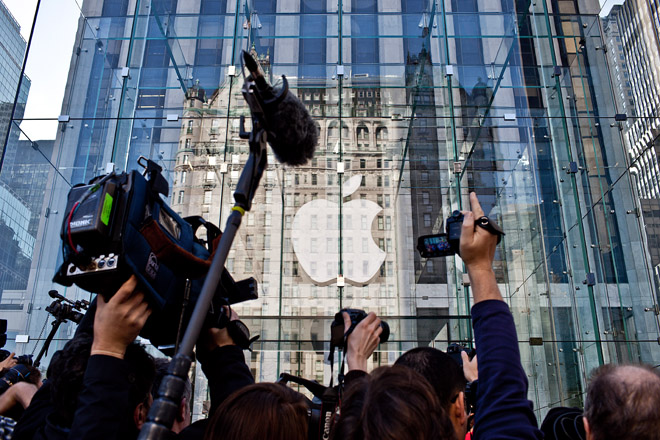“Much ink has been spilled drafting the Steve Jobs encomium. But Jobs and Apple are interesting for far more than technological prowess — they provide an allegory for reading religion in the information age. They are further evidence that shifts in popular religion throughout history are accompanied by changes in the media environment: when the dominant modes of communication change, so do the frameworks for religious belief. Still, this shift would require a fitting mythology”¦ An ancient Egyptian myth helps illuminate the perennial relationship between media forms and metaphysical belief systems. The Egyptian god Theuth visits King Thamus to show him that writing “once learned, will make the Egyptians wiser and will improve their memory.” Thamus replies by admonishing Theuth that his affection for writing prevents him from acknowledging its pitfalls. Writing does not improve memory but makes students more forgetful because they stop internalizing information. Writing also exposes students to ideas without requiring careful contemplation, meaning they will have “the appearance of wisdom” without true knowledge. The celebration of technological values in the Apple story requires a similar response. The technological values promoted by Apple are part of the Faustian bargain of technology, which both giveth and taketh away. King Thamus’ anxieties about the new media of writing threatening wisdom have been resurrected in digital form. But Jobs confronted the technology paradox by imagining technology as a tool for expanding human consciousness rather than as a means of escape from it. The tension between technology and spirituality was not a zero-sum game for him."
More at How Steve Jobs Turned Technology — And Apple — Into Religion (Wired)
